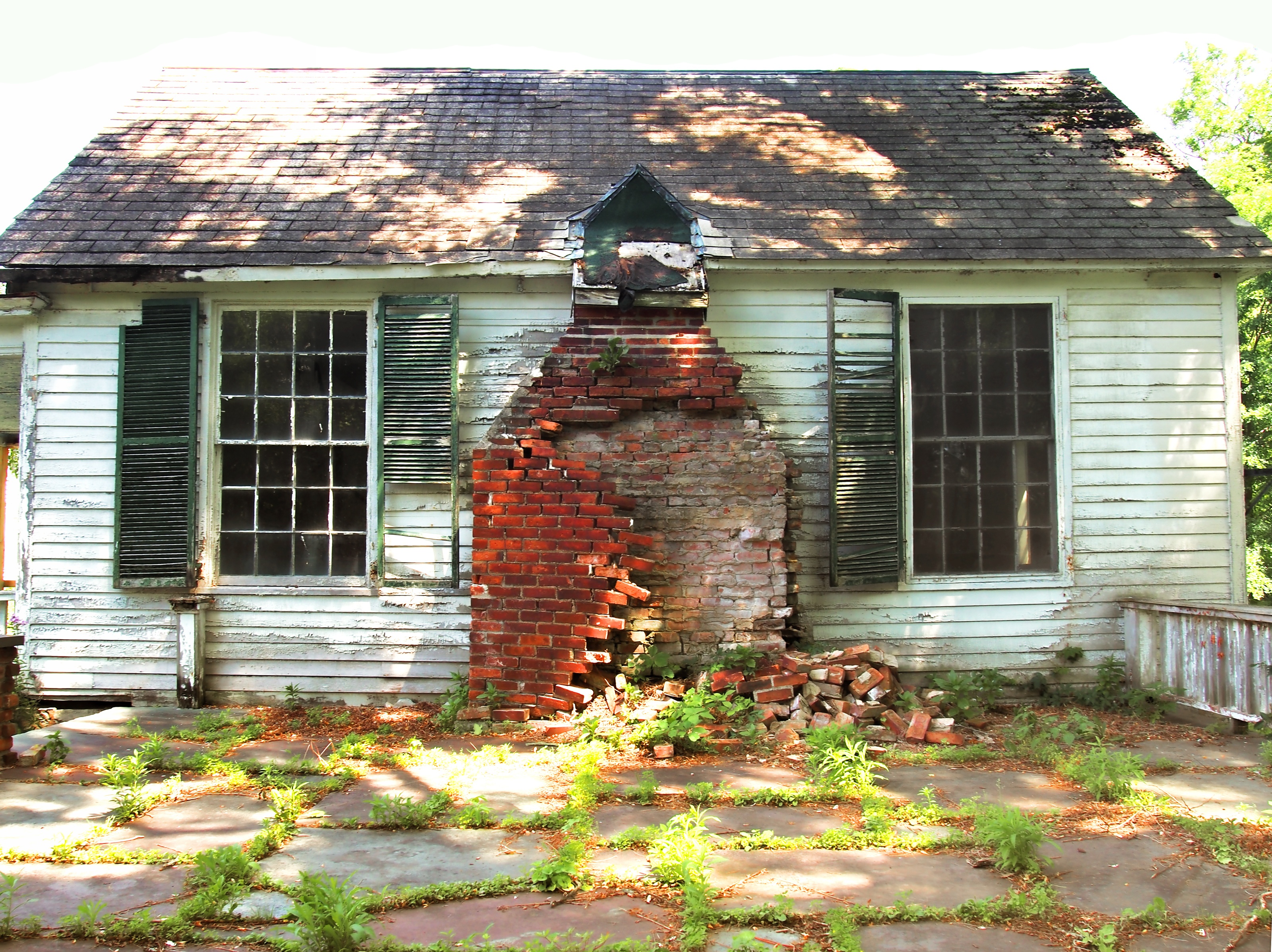If I were to mention code enforcement rules and regulations in a conversation, most people would automatically tend to think of Home Owner’s Association standards and assume I’m talking about houses being painted an “off” color, or yards not being maintained to a certain standard. Although some municipalities have code regulations that cover this spectrum, code enforcement, in general, goes much deeper than just the outward aesthetics your home or yard.
Before we dive right in to how important understanding your local municipality’s code enforcement regulation guideline is, let’s first talk about what they even are, and a few common misconceptions or oversights home-buyers all too often overlook, or look too little into.
What are the codes?
Each municipality has their own set of code regulations and standards that they have adopted into their governmental structure. Along with the adoption of these standards, each municipality enforces those regulations by way of a Code Enforcement Officer (or CEO). This person(s) is required to be well versed in your municipality’s standards, and more than capable of deciphering which might be a hazard and which just a simple fix is. Although the enforcement of code regulations spans across the country, not every municipality is legally required to enforce all the same standards. What might be okay in Bradenton, Florida may not be acceptable in Pennsauken, New Jersey.
Building codes (or building requirements) regulate any construction or renovations of buildings or dwellings. Zoning codes (or zoning ordinances) regulate what can be built where, and what it can be used for. Both, in a sense, are legally binding statutes that a homeowner must be aware of; otherwise the violations of these codes could lead to hefty penalties and fines, in accordance with the regulations adopted by your municipality.

Common misconceptions.
One common misconception of code enforcement, that I touched on above, is that code enforcement regulates “the ugly”, or the “unsightly”. This is not entirely accurate. Although some municipalities can regulate the appearance of a building or property to a certain extent, they are not out looking for what is simply unpleasing to the eye, they are looking for what actually violates a code within their regulations. For example, most people might assume that an overgrown yard is an automatic code violation, when in all actuality, that overgrowth must have gotten to a certain height before it can be deemed a violation that needs corrective measure. The job of a code enforcement officer is not to drive or walk around and find what they think is ugly and write a citation for it. The job of a code enforcement officer is, in part, to regulate the appearance of their designated area based on standards set forth by the municipality to maintain a safe, hazard free living space for its residents.
Another common misconception is the thought that your home is automatically deemed “unsafe” if you receive a code violation. Although this can be true, most often it is a simple fix of something that was overlooked which is required after the renovation of a room, such as installing plates over the electrical outlets. On the flip side of this though, some post-work violations can be deemed hazardous and require immediate corrective measures, like building stairs to your deck but not installing a railing, or not having the proper ventilation installed for gas appliances. These code violations can lead to hefty fines for the homeowner and future home-buyer if they remain unchecked or uncorrected.

One more common misconception is, “I own this property, so I can build whatever I want on it”, or, “I own this house. If I want to startup my business here, I can”. Regarding zoning ordinances, both thought processes could not be farther from the truth. Each municipality has its own set of zoning ordinances that go together with its code enforcement and building requirements. For example, the building of a shed on your property may have to fall within a certain pre-determined distance away from your property line, or with building a barn you might be required to follow certain height restrictions. Another great example of this misconception is the running of a business from your home. Each municipality has strict guidelines as to what can and cannot operate within certain zoned perimeters throughout their jurisdiction. Each of these zoning instances could result in violation fines for the homeowner.
One final all too common and easily avoidable misconception is that any prior violations will have been taken care of by the previous homeowner or disclosed to you in the home buying process. In a perfect world, this would be true. Unfortunately, this is not always the case, and new home buyers sometimes find themselves face-to-face with the unplanned financial burden of correcting prior violations and paying back penalties that can carry a price tag well into the millions if left in violation for long enough. What some people fail to realize is that violations don’t just “go away”, and that the violations on a property will remain with that property regardless of the transfer of ownership, which could leave a new home buyer paying for the previous home owner’s mistakes.
The worst case.
Could you imagine, for just a minute, putting all your time, effort and energy into finding the home of your dreams…? You close on the house thinking you were provided with everything you needed to know. You go to your municipality’s City Hall building to apply for permits so you can add your own finishing touches. You get there, and you’re greeted with a whopping $1.6 million lien on your new home due to back payment of penalties on a violation from 1996 where there wasn’t proper ventilation installed on a gas range. This is a very unfortunate (and true) story that could happen to any home buyer across the country.

Ultimately, the only way to avoid finding yourself stuck in the middle of a code enforcement nightmare is to make sure you do your research. If you’re a current homeowner, brush up a little bit on your local regulations, and be preemptive in maintaining your home to those basic standards, follow up with the required inspections upon completing any home renovations, and check periodically with your municipality to make sure regulations haven’t been changed or added. Just about every municipality will have some sort of regulations guideline available to its residents online. If you’re a home-buyer, ask your realtor or title company to include code violations, or any unrecorded debt in their research. Most importantly, if you are unsure about something, call your local Code Enforcement Officer or Code Enforcement Department- above all, they’re there for you, and to make sure you’re living your best life in a home you can feel safe in and proud of.
Have you had an experience with a code enforcement violation? Share with us below!
f.png?width=609&height=200&name=Untitled%20design%20(15)f.png)
2.png)





.png?width=390&name=BLOG%20COVERS%20(7).png)
.png?width=390&name=BLOG%20COVERS%20(14).png)
.png?width=390&name=BLOG%20COVERS%20(12).png)

.png?width=390&name=BLOG%20COVERS%20(10).png)



.png)








